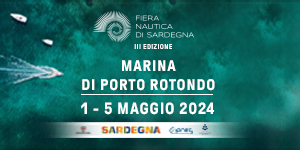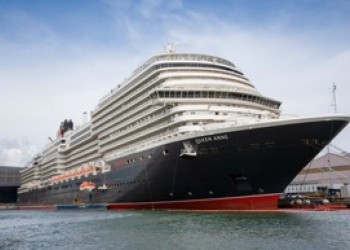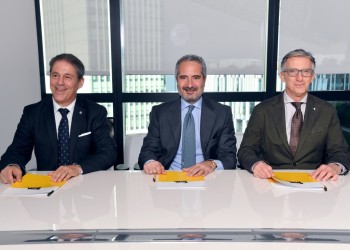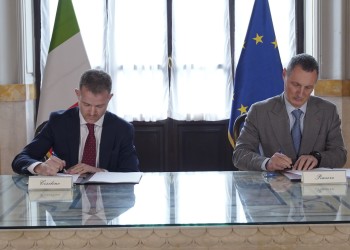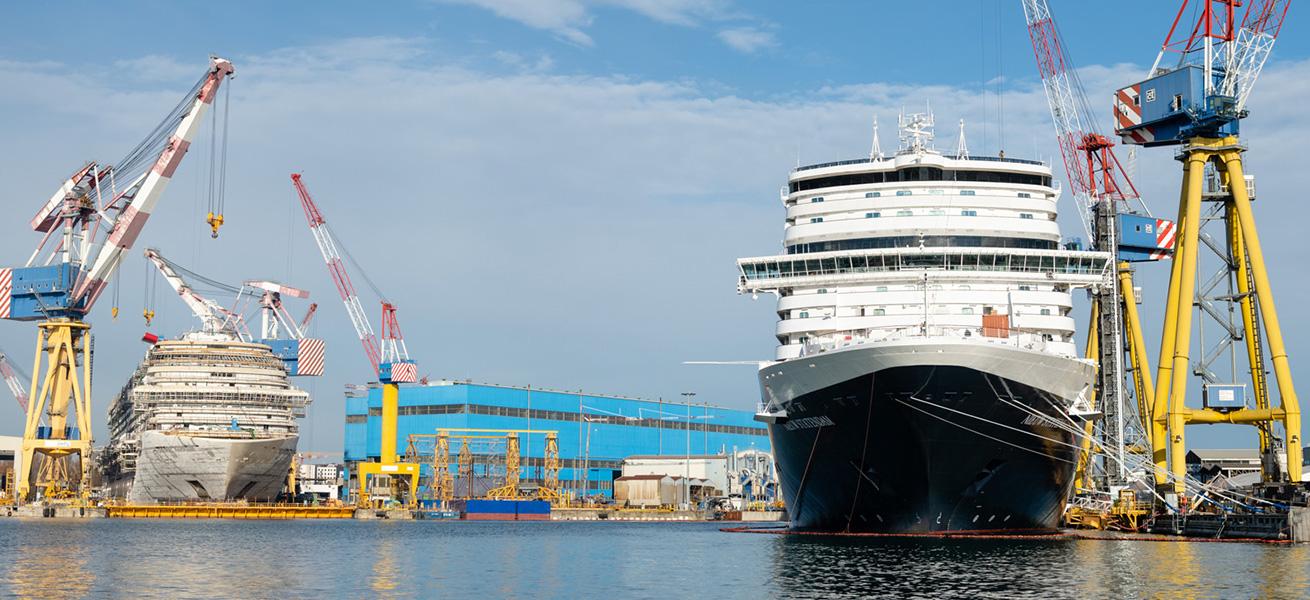
Fincantieri and CNR presented the results of six multidisciplinary research projects
Fincantieri and CNR: research and innovation in the maritime field
Trieste, June 18, 2019 – Fincantieri and the National Research Council (CNR) presented the results of six multidisciplinary research projects, in a program aimed at innovation in shipbuilding supported by the Ministry of Infrastructure and Transport.
CNR performed the function of scientific coordination of the six projects, involving nine institutes of the Department of engineering, ict and technologies for energy and transport (Cnr-Diitet), one of the Department of chemical sciences and materials technology (Cnr-Dsctm) and three universities (Genoa, Trieste and Sapienza). The entire program is part of the Open Innovation strategy of Fincantieri, a paradigm under which companies develop competency networks, linking their suppliers, universities and research centers, in order to cooperate in solving complex problems. In this approach, the CNR carried out the role of innovation “hub”, serving as an “entry point” of the public research system to the industry, thus operating a function of selecting the skills and collecting the results, and coordinating, with the support of the industrial partner, the summary work of the different goals achieved in an overall road-map. In detail, the six projects of the program concerned:
- a preliminary design of the electrical systems and the electricity network of a ship whose energy is partially supplied by a fuel cell plant (“Innovative electricity generation”);
- software and calculation models, experimentally validated, to assess the best strategy for the ship’s energy efficiency (“High efficiency”);
- an intelligent cabin prototype, equipped with both environmental and wearable sensors to automatically provide customized services and applications; new "energy harvesting" technologies allow an exploitable energy recovery in various ways (“E-Cabin”);
- a mixed reality system, now-casting virtual systems and control systems integrated with steering and propulsion systems, providing information to support decisions of the bridge officers through virtual glasses (“E-Navigation”);
- a system to increase physical safety on board, including automatic drones to be used in case of a man overboard (“Secure platform”);
- an integrated model of energy recovery from waste produced on board (“PiTER”).
The results achieved with the projects meet the recent ship owners requirements related to new cruise prototypes of the Fincantieri order book. In fact, following the data presentation, the Merchant Ships Business Unit, supported by CETENA (a research and consultancy center in the naval and maritime field, part of the Fincantieri Group), CNR and the Universities of Palermo, Genoa and Naples, have launched an initiative to define the industrial project of a small-sized ship whose energy is partially supplied by a fuel cell plant (“TECBIA” project). Other companies of the Group have begun an assessment on how to best industrialize the “E-Cabin” prototype, making it available as an on-shelf product to be proposed on the current prototypes and on ships which undergo refitting activities.
Every year Fincantieri commits large human and economic resources in research and development. This effort is deemed as crucial in order to preserve the worldwide leadership in the segments in which the company operates. In 2018, these activities entailed an investment of 122 million euros, equal to 2.2% of the Group consolidated revenues. The strategic positioning of the company is, in fact, on high value-added naval products, tailored to meet the specific needs of the ship owners; these products represent the state-of-the-art in terms of technology and innovation, notably in the areas of emission reduction, energy efficiency, safety and security, on-board intelligence, and quality and comfort of passengers and crew.
The Department of Engineering, ICT, Energy and Transport of the CNR (DIITET), the largest of the seven departments of CNR, with about 1100 researchers, pursues a double mission: knowledge development and scientific-technological support to the business system. In the course of 2018, it developed the largest portfolio of projects in CNR, for a total of about 70 million euros.





